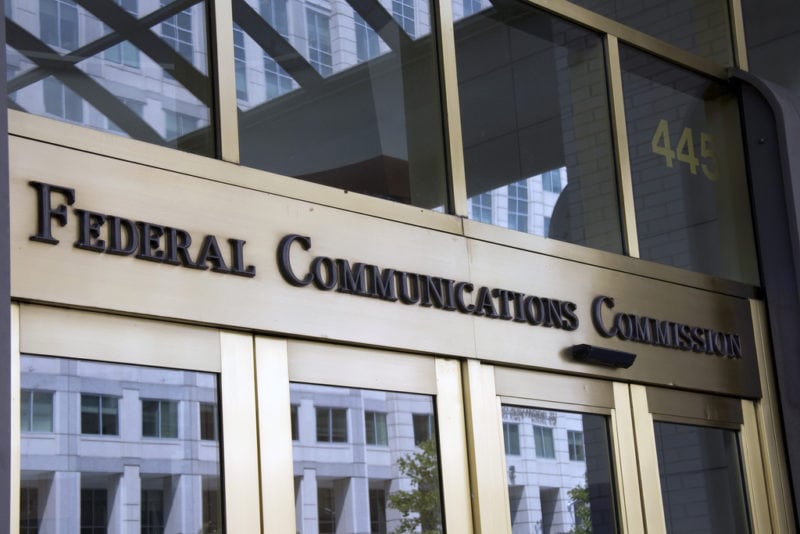Latest News

Federal Communications Commission. Photo: FCC
The FCC approved an order on Wednesday requiring foreign-licensed space stations with access to the U.S. market to pay regulatory fees to the FCC. The Commission said that it is “unfair to saddle American satellite companies with fees while their foreign competitors with the same market access do not face those same costs.”
The FCC said in its Report and Order that it devotes “significant” resources to processing the growing number of market access petitions of non-U.S. licensed satellites, and that they benefit from the Commission’s oversight and regulation just as the U.S. licensed satellites do.
EchoStar, its subsidiary Hughes, and Intelsat put out a statement in favor of the FCC order earlier this week.
EchoStar/Hughes Senior Vice President of Regulatory Affairs Jennifer Manner said that while most of the company’s satellites are U.S.-based space stations, EchoStar/Hughes was concerned that it paid more regulatory fees when foreign licensed satellite operators received regulatory benefits without payment.
“One of the goals of the FCC is to encourage U.S. licensed satellite systems. Space is an important part of our economy. Making changes to the regulatory regime to make that encourage and make things fair is really important. I think this is a very good step. … to say that U.S. operators shouldn’t be bearing more of the cost of benefits that benefit everyone,” Manner told Via Satellite.
In addition, the FCC also took action on Wednesday to expand the frequency bands available to Earth Stations in Motion (ESIMs), which are used to provide satellite-based communications services on ships, airplanes, and vehicles. It also authorized ESIMs to communicate with Non-Geostationary Orbit (NGSO) satellites.
“Depending on marketplace receptivity, they may vastly improve connectivity for Americans traveling by land, sea, or air; facilitate the advancement of autonomous cars; and enable new industrial and business applications — and do so cost-effectively. Today’s efforts should help the development and deployment of these cutting-edge satellite systems,” FCC Commissioner Michael O’Rielly said in a statement in favor of the order.
Get the latest Via Satellite news!
Subscribe Now